
Implementing the National Target Program on Socio -Economic Development for Ethnic Minorities and Mountainous Areas in the 2021-2030 Period, the lives of Khmer people in Tra Vinh have continuously improved. Photo: Editor
The Deputy Prime Minister approved the adjustment of a number of contents of the National Target Program on Socio-Economic Development in Ethnic Minority and Mountainous Areas for the 2021-2030 period, Phase I: from 2021 to 2025 (the Program). Other contents remain unchanged according to Decision No. 1719/QD-TTg dated October 14, 2021 of the Prime Minister approving the Program.
Adjusting the Program's implementation objects
Decision to adjust the implementation objects of the Program, specifically:
- Communes and villages in ethnic minority and mountainous areas.
- Ethnic minority households and individuals.
- Kinh ethnic households and individuals who are poor or near-poor living in particularly difficult communes and villages.
- Enterprises, cooperatives, cooperative unions (HTX), economic organizations operating in particularly difficult communes and villages.
- Public service units operating in the field of ethnic affairs; ethnic boarding schools, semi-boarding schools; district health centers, district hospitals; relics, projects to preserve and promote fine traditional cultural values of ethnic minorities associated with tourism development located in and outside the list of communes, villages, and hamlets in ethnic minority and mountainous areas according to current regulations, with priority given to areas with particularly difficult socio-economic conditions.
Adjustment of some component projects of the Program
The Decision has adjusted a number of component projects of the Program, including: Project 2: Planning, arranging, relocating, and stabilizing the population in necessary places; Project 3: Developing sustainable agricultural and forestry production, promoting the potential and strengths of regions to produce goods according to the value chain; Project 4: Investing in essential infrastructure, serving production and life in ethnic minority and mountainous areas and public service units operating in the field of ethnic affairs; Project 5: Developing education and training to improve the quality of human resources; Project 6: Preserving and promoting the fine traditional cultural values of ethnic minorities associated with tourism development; Project 7: Taking care of people's health, improving the physical condition and stature of ethnic minorities; preventing child malnutrition; Project 8: Implementing gender equality and solving urgent problems for women and children; Project 9: Investment in the development of ethnic minority groups with very few people and ethnic groups with many difficulties; Project 10: Communication, propaganda, and mobilization in ethnic minority and mountainous areas. Inspection, supervision and evaluation of the organization and implementation of the Program.
In particular, for Project 2: Planning, arranging, and stabilizing population in necessary places, the project's goal is to stabilize and improve people's lives, minimize damage caused by natural disasters, shifting cultivation, nomadic migration, and spontaneous migration; solve livelihoods, increase income, contribute to poverty reduction, protect the environment, and strengthen security and national defense.
Subjects: Households are arranged to settle in the form of concentrated resettlement, interspersed resettlement or on-site settlement according to the planning and plans approved by competent authorities, including: Ethnic minority households that still practice nomadic farming; households and individuals who freely migrate to extremely disadvantaged communes and villages; households and individuals living in extremely disadvantaged areas, areas where natural disasters frequently occur or are at risk of natural disasters and need to be arranged to settle; households and individuals who voluntarily move to live in border communes, concentrated residential areas or are arranged to settle in border communes, residential areas according to the planning and plans of the state; extremely disadvantaged communes and villages in ethnic minority and mountainous areas.
Content: Support for surveying locations and sites to serve the planning, establishment, appraisal and approval of investment projects for stable population arrangement. Support for investment in infrastructure construction. Direct support for households (Support for housing and production land (in cases where housing must be changed); support for costs of moving households from old residences to resettlement areas...). Support for areas for intermingling of residents (Adjusting residential land and production land for newly arrived households (reclamation, support for land level improvement, compensation and site clearance according to regulations when reclaiming land from organizations and individuals when reclaiming land); building new or upgrading classrooms, medical stations, internal irrigation works, residential roads, electricity, domestic water and some other essential infrastructure works).
The Ministry of Ethnic Minorities and Religions shall preside over and coordinate with the Ministry of Agriculture and Environment and relevant ministries and branches to guide the implementation of the Project. The Provincial People's Committee shall direct the implementation of the Project in the locality; inspect, monitor, evaluate and synthesize reports on the implementation results of the Project periodically and suddenly.
Project 3: Developing sustainable agricultural and forestry production, promoting the potential and strengths of regions to produce goods according to the value chain
Sub-project 1 : Developing sustainable agricultural and forestry economy associated with forest protection and increasing people's income
The goal is to create jobs and income for people working in forestry; support the development of agricultural and forestry economy, especially the development of the economy under the forest canopy associated with sustainable forest protection in ethnic minority and mountainous areas, contributing to maintaining stable national forest cover, protecting the ecological environment, conserving biodiversity, and minimizing the impact of climate change.
Subjects: Ethnic minority households, poor Kinh households living stably in communes in regions II and III in ethnic minority and mountainous areas, carrying out one of the following forest protection and development activities: Protecting, enclosing and regenerating natural forests; planting forests and non-timber forest products on land planned for forest development allocated by the State; contracting for forest protection; village communities in communes in regions II and III in ethnic minority and mountainous areas allocated forests according to the provisions of law are carrying out protection of allocated forests or contracted forests.
Sub-project 2: Support for development of production according to value chains, precious medicinal herb growing areas, promoting business start-ups, entrepreneurship and attracting investment in ethnic minority and mountainous areas
Support the development of production according to the value chain. Support projects to develop production according to the value chain suitable for each region; exploit potential advantages in the direction of effectively transforming the structure of crops and livestock, creating jobs, increasing income for households, and sustainably reducing poverty in ethnic minority and mountainous areas.
The beneficiaries are poor and near-poor households; priority is given to ethnic minority households, poor households headed by women who are the sole laborers, directly supporting relatives who are no longer able to work or have not reached working age, households living in extremely disadvantaged communes and villages. Enterprises (production, processing, trading), and cooperatives participating in the value chain.
Prioritize the construction of stable raw material areas, support the application of techniques and synchronous quality management, improve the capacity of preliminary processing, processing and market development. In particular, for localities with strengths in developing raw material sources and conditions for production development, based on the actual situation, the People's Committee at competent levels will select to support value chain development projects with 70% or more of the total number of workers in the chain being ethnic minorities; focus on supporting consulting on building linkages, survey costs to assess the potential for value chain development; consulting on developing production and business plans, technical processes, market assessment, market development plans; support for raw materials, plant varieties, livestock, technical supplies; training on production techniques, management skills, value chain governance, capacity to search and expand consumption markets, etc.
Implement the adjusted Program to ensure the principle of promoting decentralization and delegation of authority.
The Decision clearly states that the Ministries and agencies: Finance, Ethnicity and Religion, Agriculture and Environment, Health, National Defense, Public Security, Education and Training, Home Affairs, Culture, Sports and Tourism, Science and Technology, Construction, Justice, State Bank of Vietnam, Vietnam Women's Union are responsible before the law, the Government and the Prime Minister for information, data, subjects, adjusted content and documents submitted for approval of the Decision to adjust the Program.
The Ministry of Ethnic Minorities and Religions shall urgently preside over and coordinate with relevant ministries and agencies to guide the implementation of the adjusted Program, to be completed before May 31, 2025.
Ministries, agencies, and People's Committees of provinces and centrally-run cities, according to their assigned authority, functions, and tasks, promptly deploy and organize the implementation of the adjusted Program, ensuring the principle of promoting decentralization and authorization, and going hand in hand with strengthening inspection and supervision; local decisions, local actions, local responsibilities; in accordance with current regulations, not exceeding the total budget for implementing the Program approved by competent authorities; thoroughly handling difficulties and obstacles, speeding up the disbursement of capital for implementing the Program but not legalizing violations, not allowing the situation of taking advantage of policies, corruption, negativity, waste, and group interests to occur.
This Decision takes effect from May 14, 2025. For projects and work contents being implemented before the effective date of this Decision, they shall continue to be implemented in accordance with the plan, list, and decision approved by the competent authority.
In case of changes in the objectives, tasks and capital plans assigned to implement the Program after adjustment, the Program's governing agencies shall review, propose and send documents to the Ministry of Ethnic Minorities and Religions for synthesis and reporting to competent authorities for consideration and adjustment according to current regulations.
The implementation of the adjusted Program in localities after the rearrangement and reorganization of administrative units at all levels and the construction of a two-level local government organization model shall comply with regulations and instructions of competent authorities.
Tra Vinh Online Newspaper
Source: https://www.baotravinh.vn/trong-nuoc/dieu-chinh-mot-so-noi-dung-chuong-trinh-phat-trien-kinh-te-xa-hoi-vung-dan-toc-thieu-so-va-mien-nui-46043.html




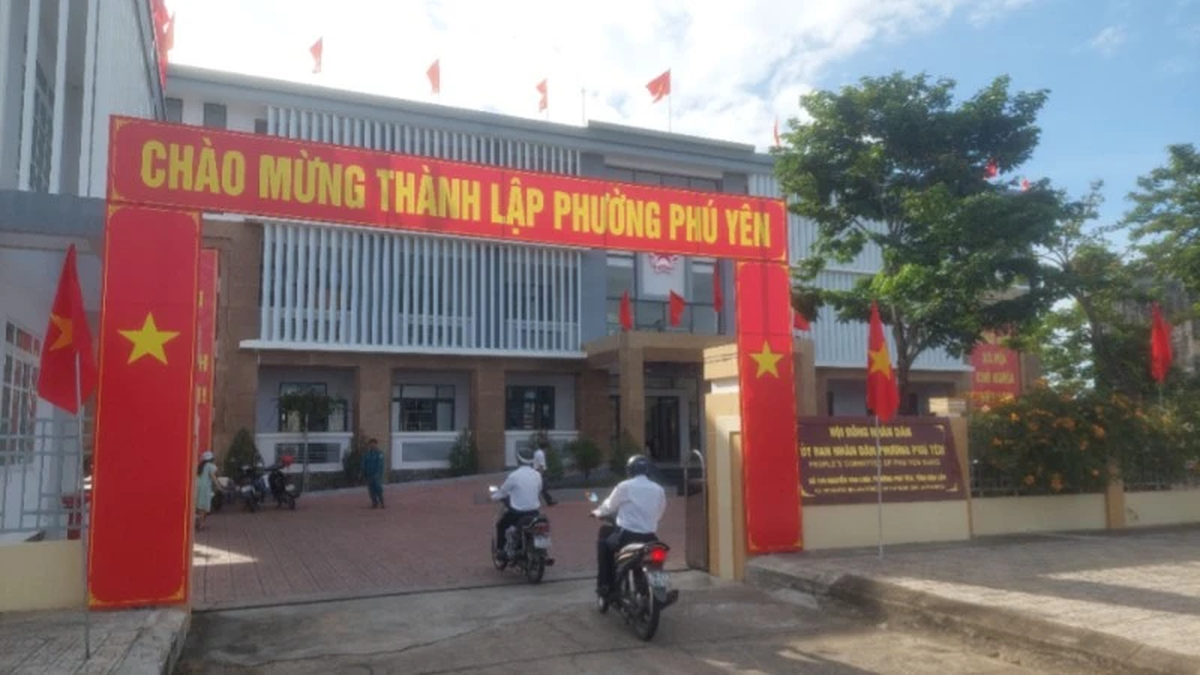
![[Photo] National Assembly Chairman visits Vi Thuy Commune Public Administration Service Center](https://vphoto.vietnam.vn/thumb/1200x675/vietnam/resource/IMAGE/2025/7/1/d170a5e8cb374ebcae8bf6f7047372b9)


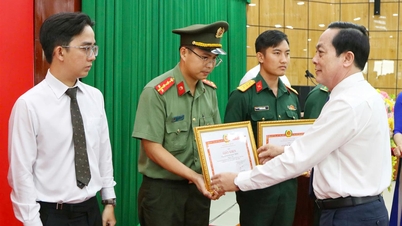

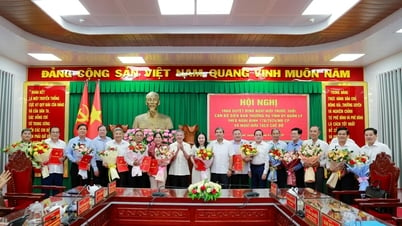




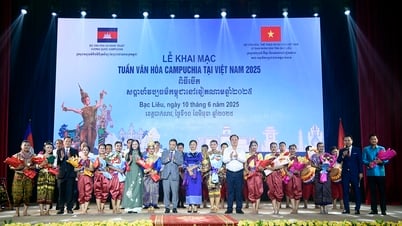






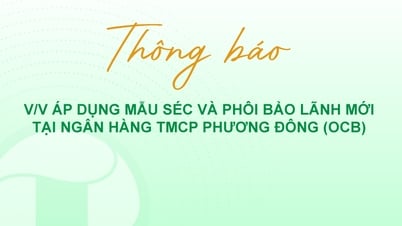

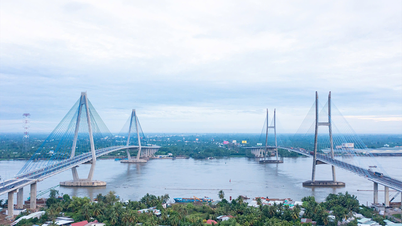

![[Photo] Standing member of the Secretariat Tran Cam Tu chaired a meeting with Party committees, offices, Party committees, agencies and Central organizations.](https://vphoto.vietnam.vn/thumb/1200x675/vietnam/resource/IMAGE/2025/7/1/b8922706fa384bbdadd4513b68879951)
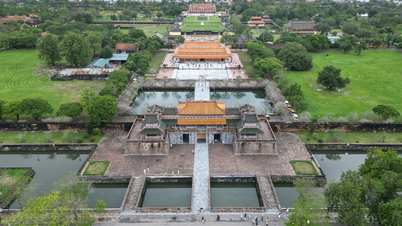



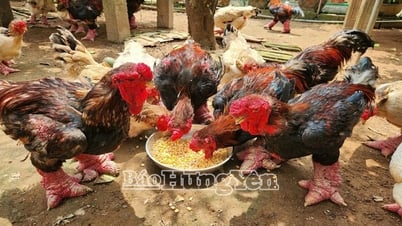

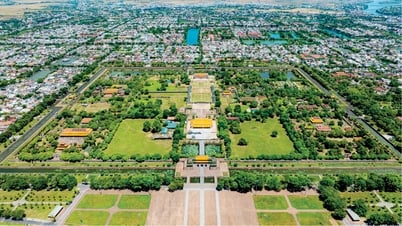




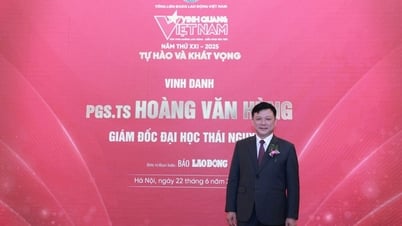











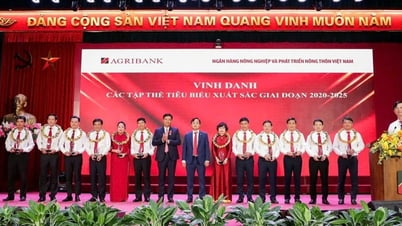


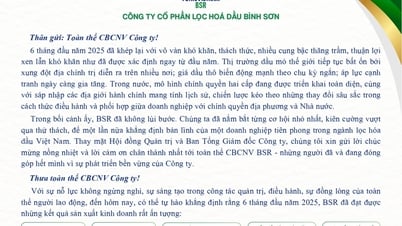



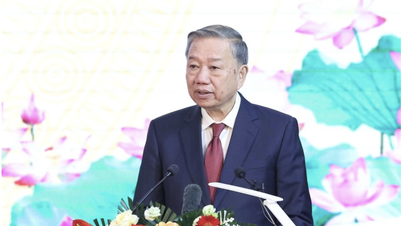

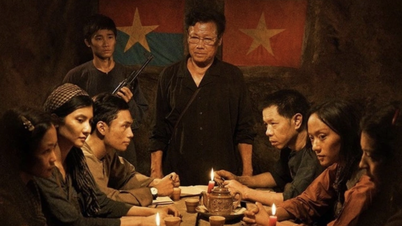
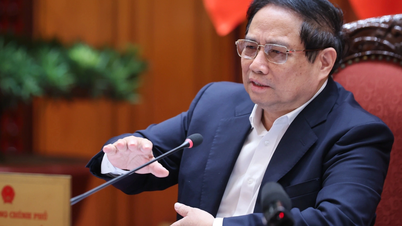
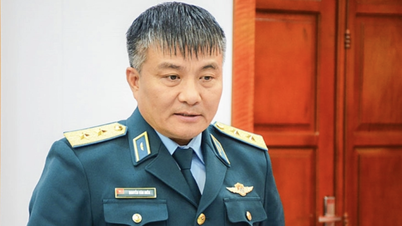
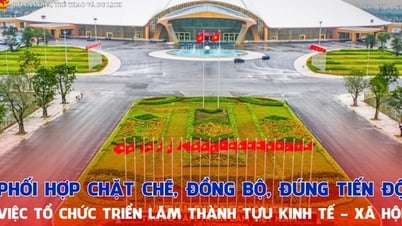

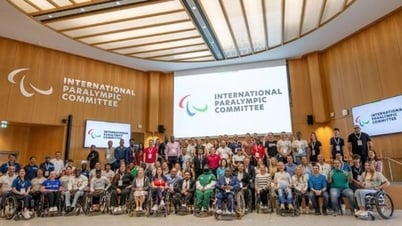
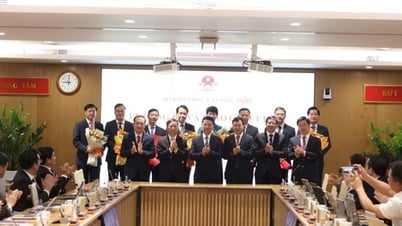

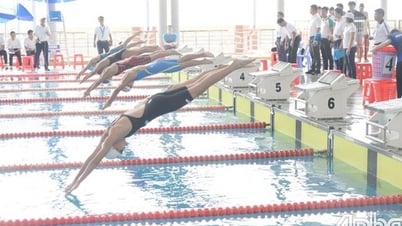
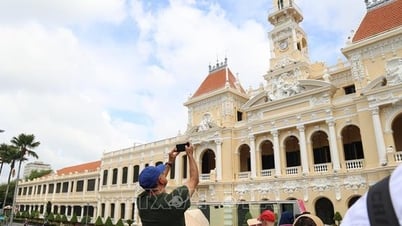
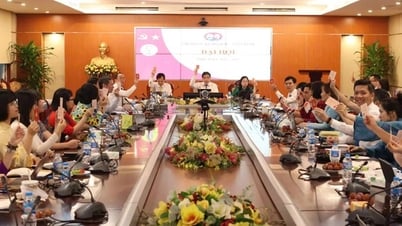
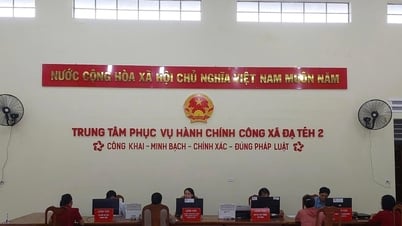

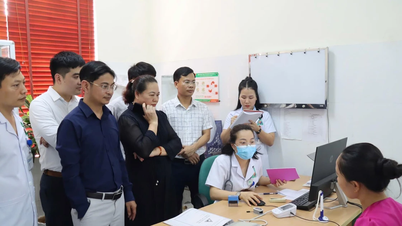

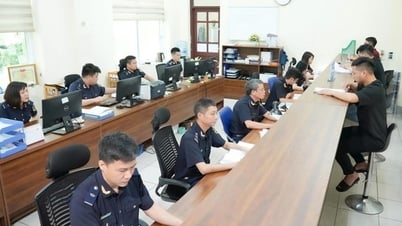

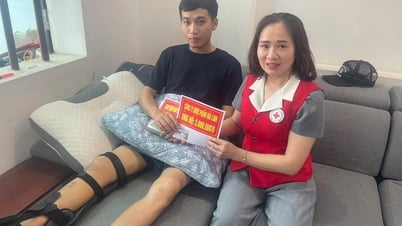

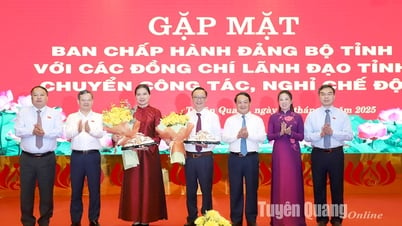



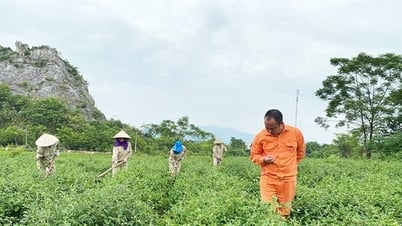
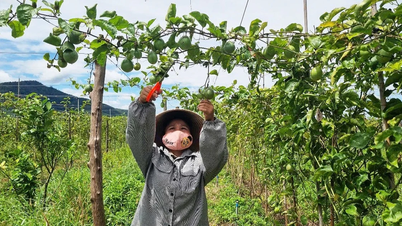








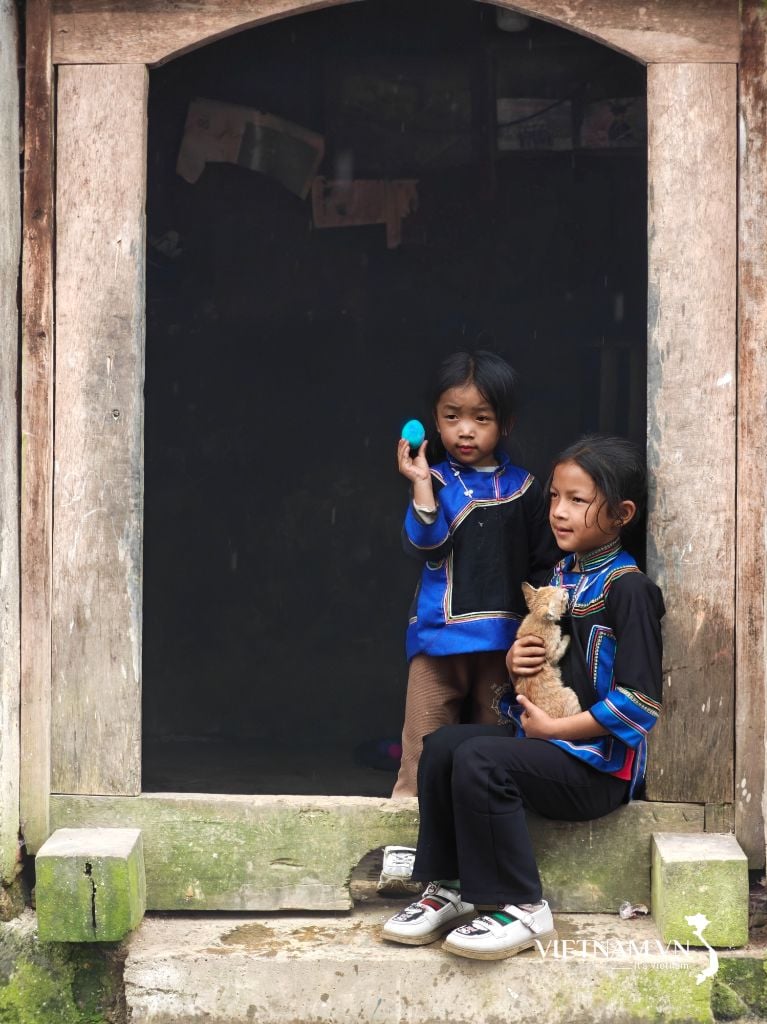

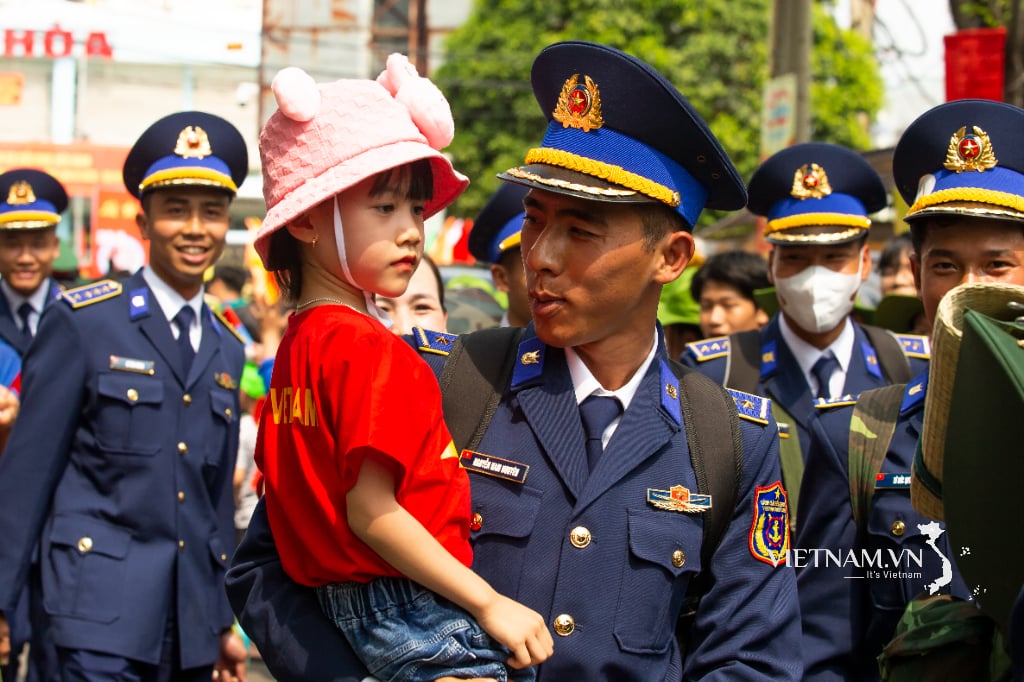

Comment (0)